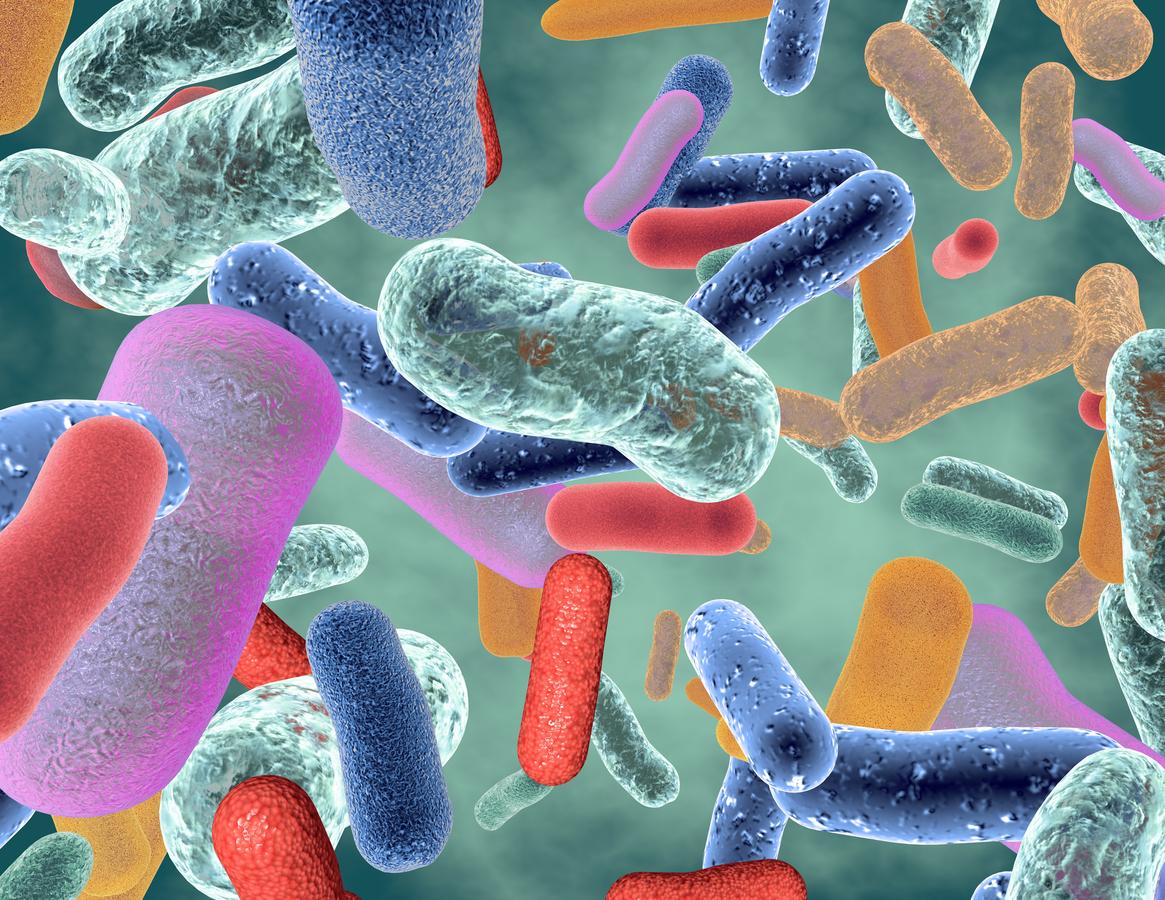We are not equal when it comes to diets, and gut bacteria may explain why. It would therefore be necessary to adapt the diets to the flora of each one.

We are not equal when it comes to weight gain. A commonplace, one might think, but which, this time, has just been scientifically objectified. Published this Thursday in the prestigious biomedical journal Cell, the work of Eran Segal and Eran Elinav is already generating many comments. From there to brandish these results as irrefutable proof of the uselessness of the regimes, there is a step, which it would undoubtedly be good not to take too quickly. What this Israeli study really shows is indeed more subtle.
Continuous blood sugar measurement
Researchers at the Weizmann Institute (Rehovot) continuously measured the blood sugar levels in 800 women. Indeed, poor regulation of blood glucose can be a sign of prediabetes. At the same time, the volunteers provided information on the food consumed.
The results show, not surprisingly, that after ingesting the same amount of food, organisms have variable reactions. The blood glucose levels measured indeed showed significant differences. Scientists cite the example of a woman whose blood glucose level systematically increased when she ate tomatoes!
To explain such differences, the scientists analyzed the composition of the participants’ intestinal flora. The data indicates that populations of bacteria are not similar in people who regulate their blood sugar well or poorly. Overweight and failure of weight loss diets could therefore be linked to an imbalance of the intestinal microbiota. A hypothesis which has been making its way in the scientific world for ten years, and which has been corroborated by Swiss works, also published this week, in the journal Nature Medicine.
Rebalance the flora
The Swiss researchers concluded that one of the avenues to be explored to improve the treatment of obesity could be fecal transplantation. A not very inviting approach, certainly, but which has already been proven to improve certain chronic bowel diseases.
Israeli scientists stress, for their part, that it is essential to personalize the management of overweight problems, to take into account the specificity of each patient, and his path. Because if these results seem very fatalistic, we must not forget that the intestinal flora evolves during life. In particular, it can be unbalanced by many environmental factors, from antibiotic treatments to stress, including bad eating habits, in fact.
While waiting for scientists to discover how to optimize everyone’s diet according to their microbiota, it’s up to everyone to take care of these approximately 2 kg of bacteria that inhabit our intestines!
.
















